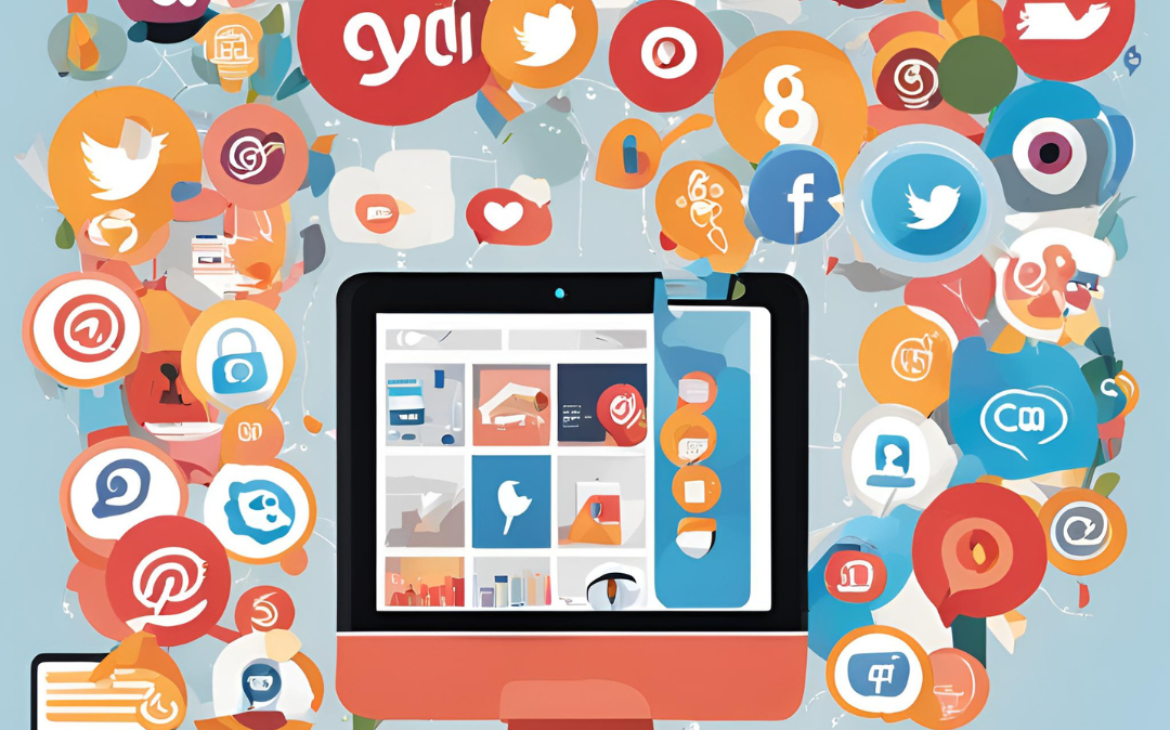Fake ads appear convincing, verified, accurate, and reliable; however, they contain misleading and manipulative information aimed at deceiving the user. In an era of rapid dissemination of misinformation and fake news, fake ads represent an effective weapon for manipulation and deception. These ads target the naivety of users and their financial support. Such ads are based on advertising and promoting products that do not actually exist, or the product characteristics in the ad are not truthful—for example, the quality of the product is not as claimed in the advertisement. Furthermore, fake ads can promote false news and other manipulative and deceptive content with the aim of gaining financial benefit or influencing public opinion.
Manipulative tactics used by fake ads can also be observed in misinformation, fake news, and conspiracy theories. Links on social media or other search engines associated with fake ads often lead users to other external sites and unverified domains that can spread fake news and misinformation. Additionally, fake ads often mislead users by using fake reviews or altering statements from well-known personalities to convince potential consumers of the authenticity and credibility of the ads, as well as the products and services.
Informing oneself and conducting further research on an ad that an individual has noticed contributes to strengthening the defense mechanism against false and manipulative content, such as fake ads. Moreover, new sophisticated tools and mechanisms of artificial intelligence can help detect fake ads.
Test your knowledge about fake ads at:
The goal of the quiz is to help platform users recognize fake ads.
This quiz was designed as part of the project “Enhancing the Culture of Fact-Checking,” conducted by HUOJ in collaboration with media experts from Lider media and the Faculty of Economics at the University of Zagreb, with financial support from the European Union – NextGenerationEU.

